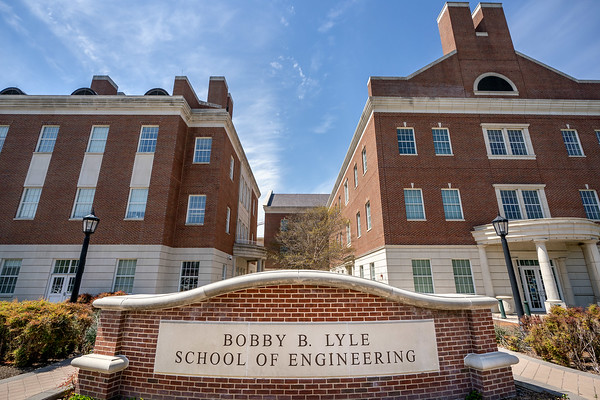The mission of the Lyle School of Engineering is to:
-
Educate engineers and engineering leaders who can compete in new and emerging technologies and markets by teaching them to think critically, plan strategically, communicate effectively, and be adaptable to social changes.
-
Conduct basic and applied research with the ultimate goal of technology transfer for the betterment of mankind.
-
Encourage the engineering, technology, and industrial communities to stay abreast of changing technology by providing opportunities for life-long learning.
